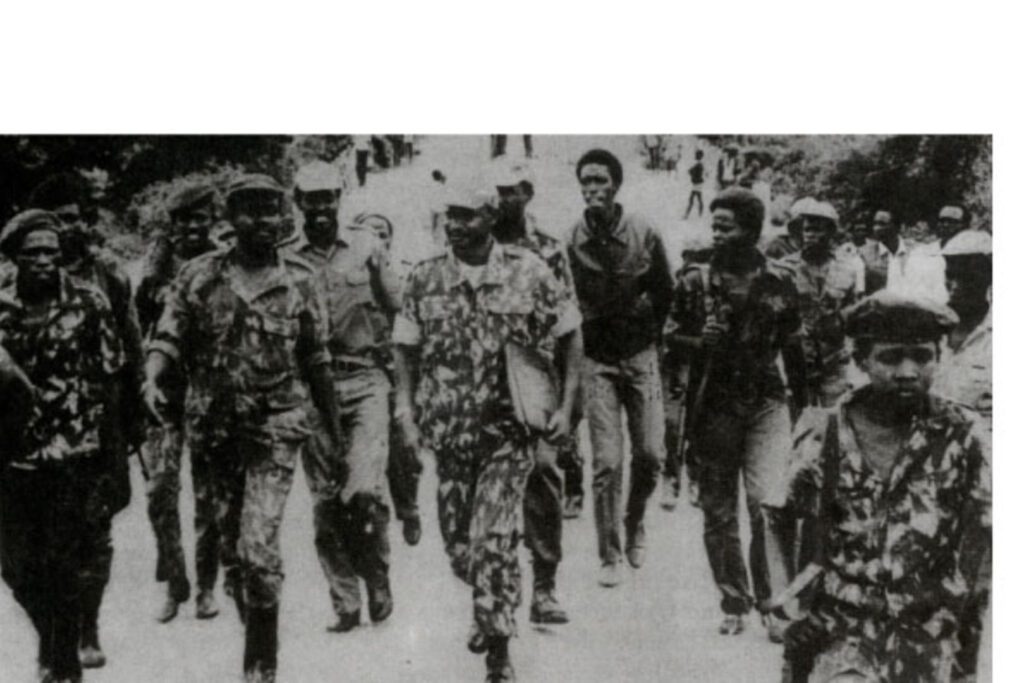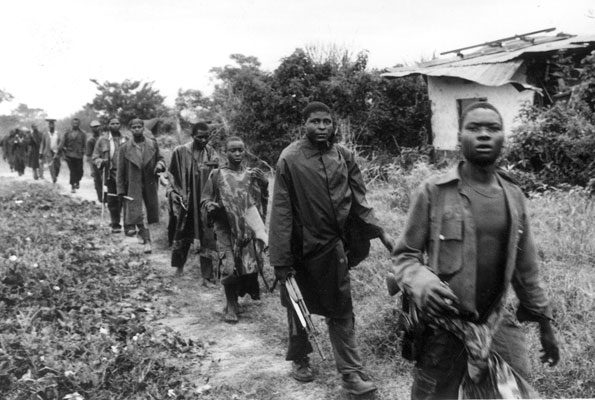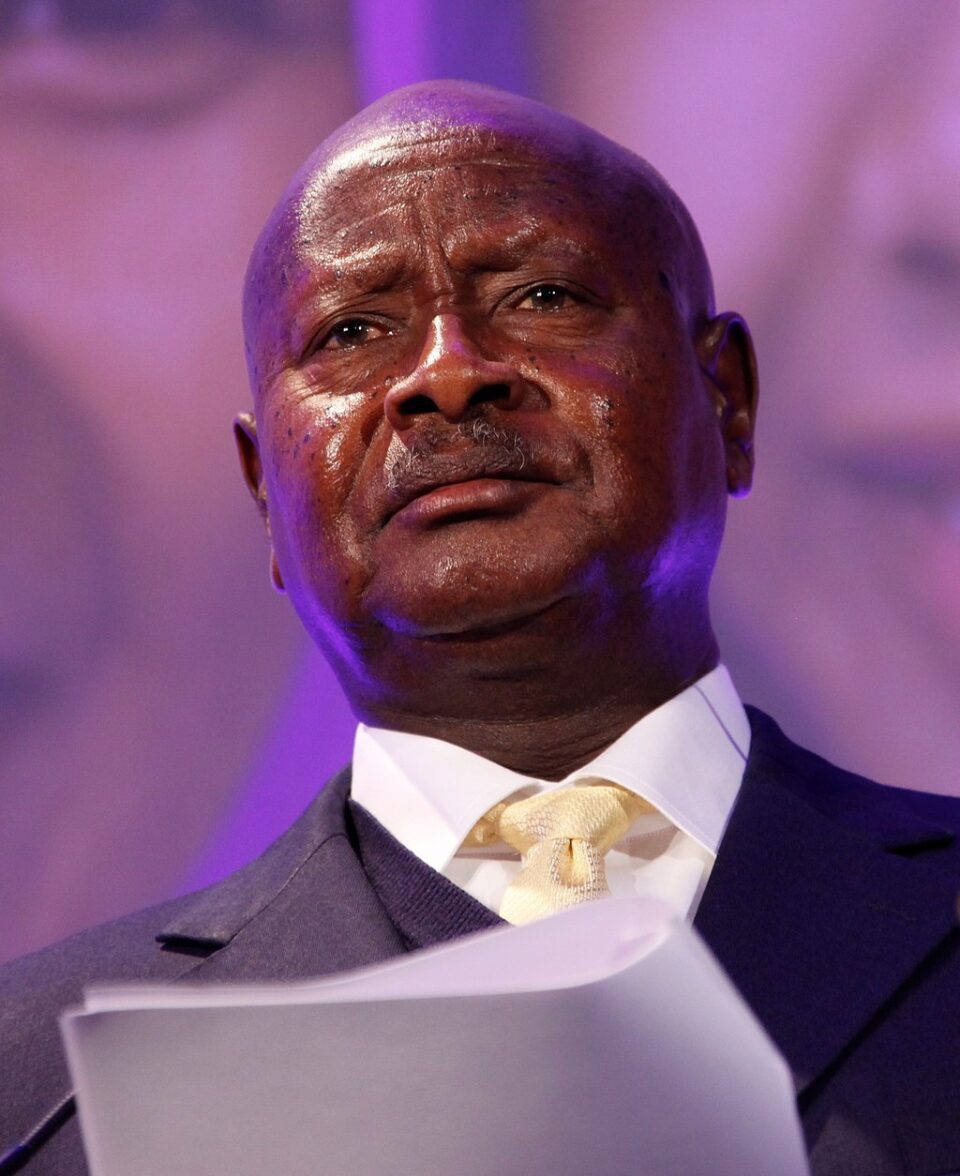17th / January / 1986 – A day to remember when General YOWERI MUSEVENI took power over kampala with his troops.

city in 1986
The Battle of Kampala was a battle of the Ugandan Bush War that occurred from January 17 to 26, 1986, when members of the National Resistance Army (NRA) invaded and conquered the Ugandan capital, Kampala, from the Uganda National Liberation Army (UNLA). As a result, Uganda’s government was ousted and replaced with a new one led by NRA commander Yoweri Museveni.
It all began in 1981, Museveni started an insurgency against the Uganda National Liberation Front (UNLF)-controlled government. He immediately became a member of the fledgling National Resistance Movement (NRM) and assumed command of the NRA, the group’s armed branch. The capital of Uganda, Kampala, was left open to attack after the NRA dealt the UNLA, the armed branch of the UNLF, many significant setbacks in 1985.
Under pressure, President Tito Okello’s UNLF government pursued talks with the NRM. After the crisis failed to be resolved by the ensuing peace accord, Okello gathered a sizable force of UNLA soldiers and affiliated militias to garrison Kampala in anticipation of an invasion, while duplicity, internal strife, and low morale undermined its efficacy.

The NRA started moving towards Kampala on January 17, 1986. Although they were able to seize some area surrounding the city, the UNLA stopped them in their tracks by erecting an artillery battery at a key intersection.
The NRA launched its main assault on January 24 after the UNLA withdrew its battery.

The NRA attacked many UNLA locations in Kampala the next day and secured Republic House, the UNLA headquarters, by the evening.
On January 26, the NRA seized Radio Uganda, but 1,000 UNLA troops from Entebbe burst through a barricade and began moving on the city. Museveni and his chief of staff, Salim Saleh, redeployed their forces to counter the threat, causing a gap in their cordon around Kampala and allowing many UNLA troops to flee. Okello took a helicopter and flew to Sudan. In the evening, an NRA battalion attacked UNLA troops marching from Entebbe, while another company proceeded to assault their rear, forcing them to surrender and ending the conflict. On January 29, Museveni was sworn in as Uganda’s president.
The UNLA attempted to reassemble in northern Uganda, but crumbled in the months that followed due to repeated NRA strikes.



